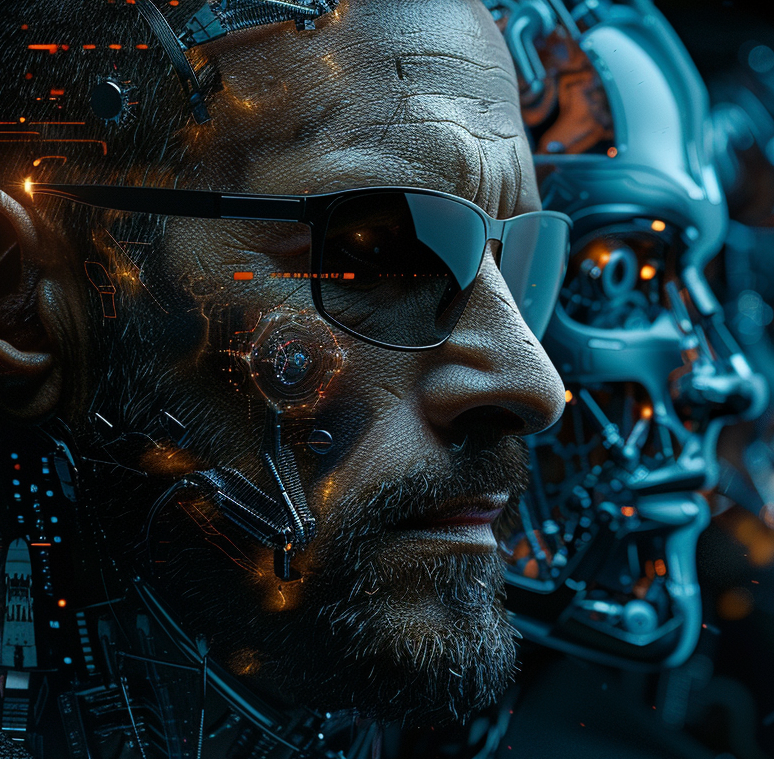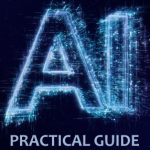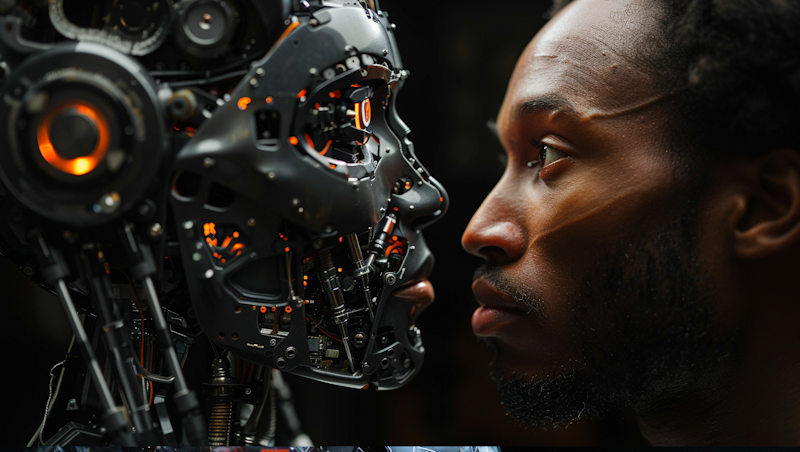In the rapidly evolving landscape of artificial intelligence (AI), we’re witnessing a revolution that’s reshaping industries, societies, and our daily lives at an unprecedented pace. AI, once a fringe science fiction fantasy, has burgeoned into a colossal titan of innovation, powering everything from your smartphone’s virtual assistant to the algorithms determining what news you consume on social media. But as we stand on this technological precipice, the question looms: Where are we headed, and at what cost?
The Current State of AI: A Double-Edged Sword
Today, AI has permeated every facet of modern life, embodying both Prometheus’s fire and Pandora’s box. It offers the promise of solving some of humanity’s most enduring challenges, from climate change to disease eradication, yet it also poses significant risks and ethical dilemmas that we’re just beginning to grapple with. On one hand, we have AI systems like GPT (Generative Pre-trained Transformer) revolutionizing how we interact with information, making knowledge more accessible and expanding our ability to create. These systems can write essays, generate art, and even code, demonstrating an astonishing level of versatility and intelligence. Conversely, the rise of deepfakes, surveillance capitalism, and autonomous weapons systems paints a more dystopian picture, highlighting the potential for AI to undermine democracies, violate privacy, and exacerbate inequalities. The economic implications are equally daunting, with the specter of job displacement looming large over sectors as diverse as transportation, manufacturing, and even creative industries.Ethical AI: Navigating the Morass
As Silicon Valley titans and startups alike barrel forward in the AI arms race, the conversation around ethics, governance, and regulation is heating up. The development of ethical AI involves grappling with knotty questions about bias, accountability, and the very nature of human-machine collaboration. For instance, AI systems trained on biased data can perpetuate and amplify societal inequities, as seen in cases of facial recognition technologies misidentifying individuals from marginalized communities. The call for transparent, accountable AI is growing louder, with advocates pushing for systems that can be audited and explained.

